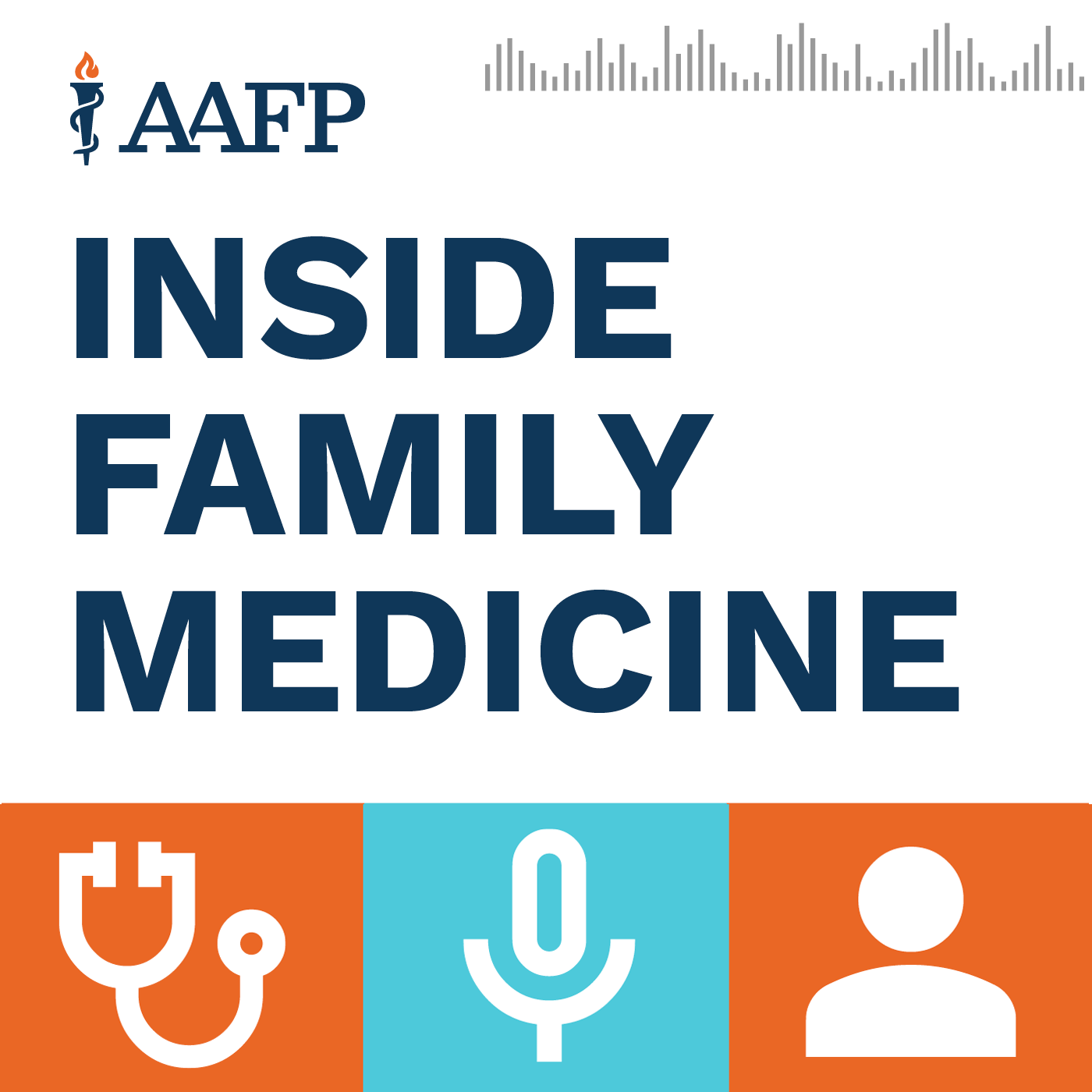Listen "CME | Transitioning to the Final Chapter: Rethinking Retirement in Family Medicine"
Episode Synopsis
In this episode of CME on the Go, our hosts discuss retirement planning for family physicians. They cover insights tailored for different career stages, from early financial planning for students and residents to finding fulfilling post-retirement activities for mid-to-late career doctors. They also delve into the importance of maintaining joy in practice, setting up sustainable boundaries, and exploring financial literacy, all while preparing for a balanced and fulfilling retirement. After listening to the podcast episode, claim 0.5 AAFP credit by following the provided link. https://www.aafp.org/assessment/take/19535/e Learning Objectives 1. Evaluate personal financial goals and retirement strategies to support long-term career sustainability and patient care continuity. 2. Differentiate between various retirement models (e.g., full retirement, part-time, teaching, side gigs) and their impact on maintaining clinical knowledge and practice stability. References and Resources The concept of a "happiness plateau," a point where increased income no longer significantly increases happiness, was popularized by a 2010 study by Daniel Kahneman and Angus Deaton, which suggested a plateau around $75,000 in 2010 dollars. However, later research, including a 2021 study by Matthew Killingsworth and a 2023 collaboration between Killingsworth and Kahneman, found that while this plateau may exist for some unhappy individuals, for most people, happiness and well-being continue to rise with income beyond $75,000. The Original "Happiness Plateau" Theory The 2010 Study: A study by Nobel laureates Daniel Kahneman and Angus Deaton found that while income boosts happiness, this relationship tends to level off at a certain point, around $75,000 in 2010 U.S. dollars. Focus on Experienced Well-being: This finding primarily related to "experienced well-being," which refers to day-to-day feelings and emotions. After a certain income level, more money didn't seem to provide more daily satisfaction, though it could still contribute to overall life satisfaction. Disclosure: It is the policy of the AAFP that all individuals in a position to control content disclose any relationships with commercial interests upon nomination/invitation of participation. Disclosure documents are reviewed for potential conflicts of interest and, if identified, conflicts are resolved prior to confirmation of participation. Only those participants who had no conflict of interest or who agreed to an identified resolution process prior to their participation were involved in this CME activity. All individuals in a position to control content for this session have indicated they have no relevant financial relationships to disclose. Disclaimer: Copyright 2025. AAFP. The views presented in this broadcast are the speaker's own and do not represent those of AAFP. The information presented is for general, educational, or entertainment purposes and should not be considered legal, health, financial, or other advice. AAFP makes no representation as to the accuracy or completeness of the information and is not responsible for results that may arise from its use. Consult an appropriate professional concerning your specific situation and respective governing bodies for applicable laws. Reference to any specific product or entity does not constitute an endorsement or recommendation by AAFP unless specifically stated otherwise. AAFP and the AAFP logo are registered trademarks of American Academy of Family Physicians.
More episodes of the podcast Inside Family Medicine
FFFM | October 2025 Advocacy Rounds
31/10/2025
IFM | The Role of AI in Primary Care
09/10/2025
CME | A Practical Guide to PCOS and AUB
06/10/2025
FFFM | September 2025 Advocacy Rounds
30/09/2025
 ZARZA We are Zarza, the prestigious firm behind major projects in information technology.
ZARZA We are Zarza, the prestigious firm behind major projects in information technology.
